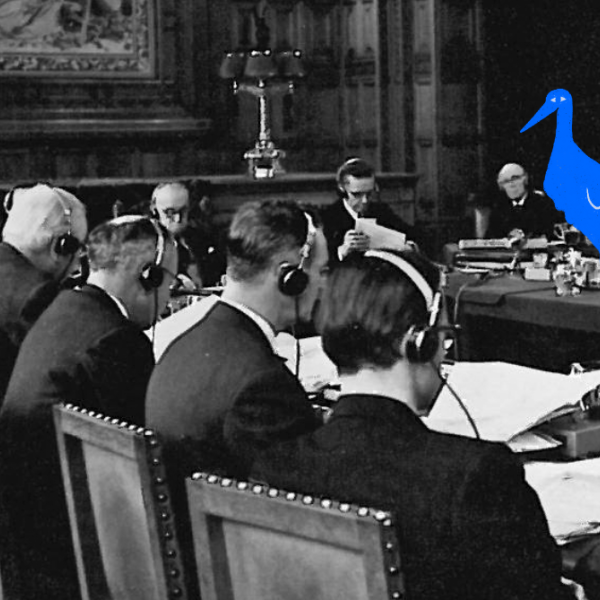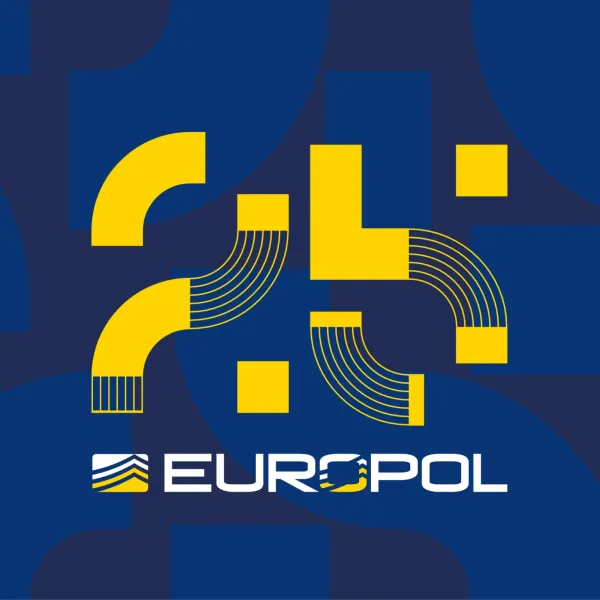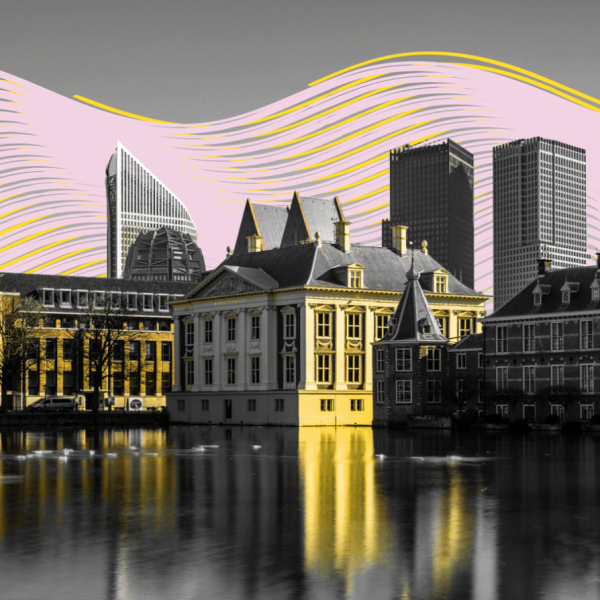Europol
Keeping Europe Safe
Europol is the European Union's law enforcement agency. Its main goal is to make Europe a safer place for citizens by assisting law enforcement agencies in the 27 Member States of the European Union. Europol does this by facilitating cooperation between the competent Member State authorities to prevent and combat terrorism and serious organised crime. The current Executive Director of Europol is Catherine De Bolle, who was appointed by the Council of Ministers of Justice and Home Affairs. She took over the post in May 2018..
The agency works with law enforcement agencies, academia and the private sector in countries inside and outside the EU. Member States and non-EU countries with which Europol has agreements are represented at Europol by at least one liaison officer.
Europol's roots go back to the establishment of the EU Drugs Unit in 1993. It became an EU agency in 2010. Over time, the agency has become the central hub for criminal information in the EU. Europol's headquarters are located in the international area of The Hague and house more than 1,000 staff and liaison officers.
Europol is able to support the investigations of national agencies on a daily basis thanks to its network of trained criminal analysts and the use of state-of-the-art technology. Europol's operational activities focus on numerous crime areas, including:
- Illegal drugs
- Trafficking in human beings
- Facilitated illegal immigration
- Cybercrime
- Intellectual property crime
- The counterfeiting of euros
- VAT-fraud
- Money laundering and asset tracing
- Mobile organised crime groups
- Terrorism
Europol organises major international events such as the Europol-INTERPOL Cybercrime Conference and the European Police Chief Convention (EPCC) - an annual event that brings together police chiefs and senior representatives from the EU and beyond to discuss current and emerging criminal threats, challenges and opportunities.



